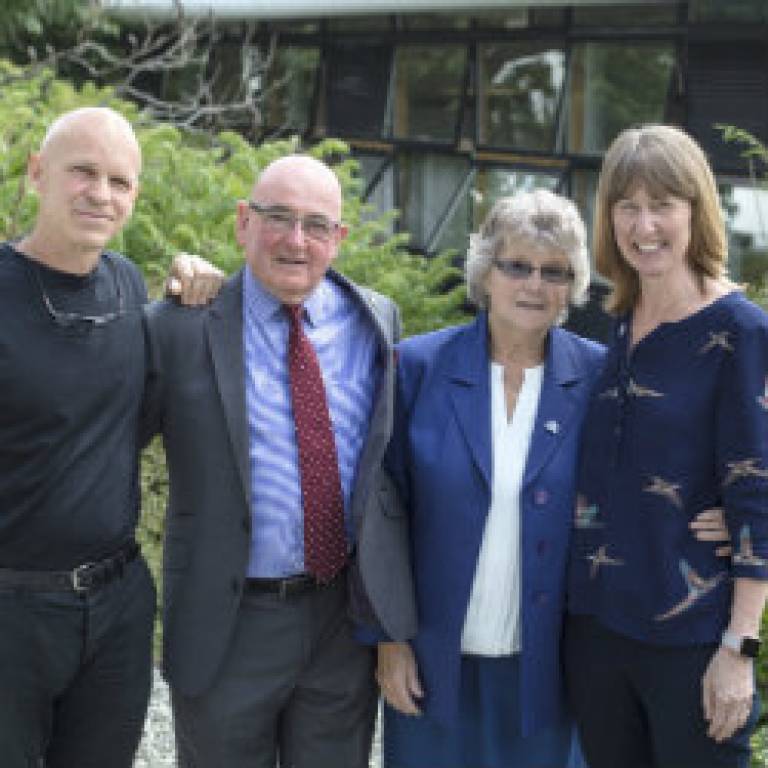£2.7 million study to focus on dementia support workers in primary care
1 November 2018
This article has been reproduced from the National Institute for Health Research.

A new study is investigating how to introduce dementia support workers into GP surgeries, with the ultimate aim of improving the quality of life for dementia patients and their carers.
Led by the University of Plymouth, the £2.7 million study funded by the National Institute for Health Research (NIHR) will develop a person-centred package of care in GP surgeries, focused on the introduction of one dementia expert (support worker) to link to the rest of the patient’s clinical team.
The research project is being managed by Dr Val Mann, Associate Professor in Faculty of Medicine and Dentistry at the University of Plymouth, in collaboration with the Devon Partnership NHS Trust, the University of Manchester, the University of Exeter, the London School of Economics and Political Science and Newcastle University. The study is also supported by the NIHR Collaboration for Leadership in Applied Health Research and Care South West Peninsula (PenCLAHRC).
In a recent survey by the Alzheimer’s Society, 54 per cent of carers reported that a hospital stay had had a significant effect on the symptoms of dementia, such as becoming more confused and less independent.
This study aims to improve the experience of care and promote positive mental and physical wellbeing with the added potential benefit of preventing unnecessary hospital admissions. The programme, which will run for five years, will implement support for the patient’s carer too, helping to reduce the burden of care.
Ian Sherriff, Academic Partnership Lead for Dementia at the University of Plymouth and Chair of the Prime Minister’s Dementia Task & Finish Group, said: “It’s fantastic that we’ve secured this funding as there is widespread recognition at the highest level of government about the present and potential future impacts of dementia. We have developed links with dementia teams in China, Japan, Singapore and other countries throughout the world, so as well as being revolutionary for the NHS, this framework could be a real exemplar for the rest of the world.”
Professor Richard Byng from the University of Plymouth’s Institute of Translational and Stratified Medicine is leading the study. As a GP and Professor in Primary Care Research, he said: “Dementia is a very serious diagnosis and there isn’t a ‘one size fits all’ for care. But patients and their carers are often left on their own to deal with the condition, and only come back to GPs when further problems develop. We will develop and evaluate a system of personalised support based in GP surgeries, which we hope will also help prevent harmful or unnecessary admissions.”
 Close
Close

